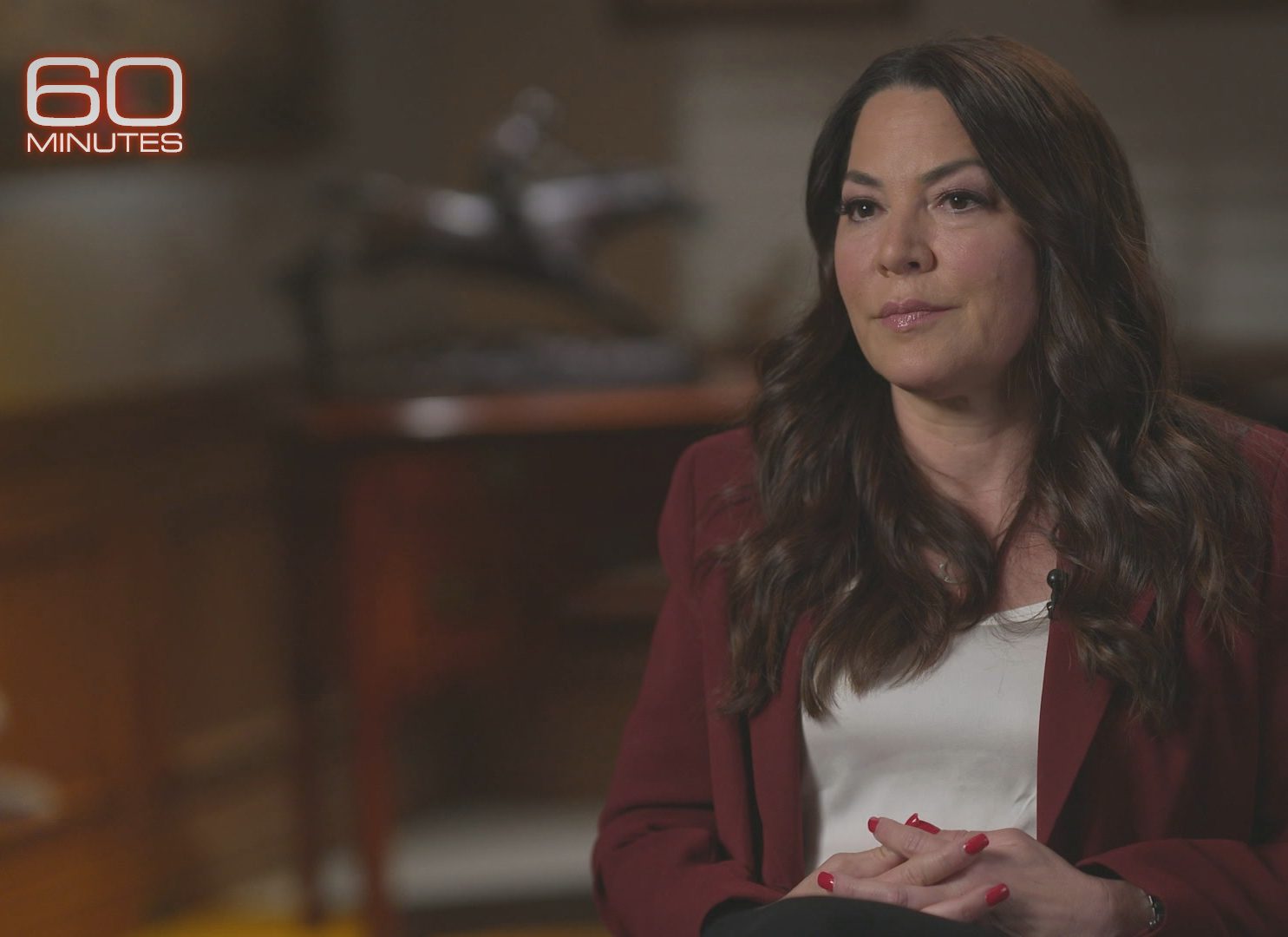By Bill Finley
The CBS news program “60 Minutes,” which aired Sunday evening included a segment that covered horse racing's worst problems, horses breaking down and dying and the use of performance-enhancing drugs on horses. 60 Minutes often reaches as many as 12 million viewers. The segment was hosted by correspondent Cecilia Vega.
Though the program gave ample time to Jockey Club Chairman Stuart Janney III, Horseracing Integrity and Safety Authority CEO Lisa Lazarus, Meadowlands owner Jeff Gural, and others who have been working to solve the problems, it left no doubt that the sport has pressing issues that if left unsolved threaten its existence.
“Horse racing has reached its moment of reckoning and we wanted to know, `can the sport really be reformed or is it too late?'” Vega said.
What followed was a recantation of the rash of fatalities that surrounded the GI Kentucky Derby and other major events, which included graphic footage of horses dying on the track.
“People who are not in your world see this headline of more than a dozen dead horses and they think, `what is going on in that industry?'” Vega asked Lazarus.
“My response is that HISA is here now and we're going to address it,” she said.
She continued: “There's clearly a problem that needs to be addressed and now we have some tools to fight it. We really owe it to those trainers who have spent their lives in this sport who have an incredible amount of integrity to get rid of those who tarnish this sport.”
It was not hard to get industry leaders to admit that doping is a major issue that has yet to be brought under control.
“(Doping) is a big problem,” Janney said. “It strikes at the integrity of the sport. There's nothing about it that is acceptable.”
Asked how the sport can clean itself up, Janney replied: “You put people away. You send them out of the sport and some of them go to jail.”
That very process began in March of 2020 when more than 33 veterinarians, trainers and drug distributors were charged by the Justice Department for using and manufacturing performance-enhancing drugs.
“The FBI said this led to broken legs, cardiac issues and in some cases death,” Vega said.
The show played wiretaps of conversations between convicted trainer Jorge Navarro and a another trainer in which Navarro bragged about how the drugs he was using made his horses run faster.
“I (expletive) gave it to this horse and this horse (expletive) galloped. He galloped,” Navarro said to the unidentified trainer.
“Amino acids?” the other trainer asked.
“Yeah, some amino acid injectable. Small bottle,” Navarro replied.
They also played wiretaps from harness trainer Nick Surick in which he spoke of how he was put in charge of disposing of horses that Navarro had killed.
The FBI was assisted by 5 Stones Intelligence, which was hired by The Jockey Club and Meadowlands owner Jeff Gural. Janney said 5 Stones was told to not be afraid to go after the biggest names in the sport, like Navarro and Servis.
“I said I'm not interested in you going in an finding a relatively unimportant person working in someone's barn who has made a bet they shouldn't have made or has done something immaterial to what we're talking about,” he said. “I want you to go after the important people that I think are corrupting the sport.”
Before they were arrested, Servis and Navarro were clearly worried they could be caught and that the penalties could ruin their careers. A wiretap caught them saying the following:
Servis: We can't do it in broad daylight, we got to do it like…”
Navarro: “I know. I'll keep it at my…I'll keep…I'll keep it in my car. I ain't worried about that.”
Servis: What about, what I am-I don't want people to see that (expletive). We are dead. We are dead.”
Shaun Richards, who was the lead FBI agent on the case that nabbed Navarro, Jason Servis and others, spoke a hopeful note, that the progress made with the arrests has put investigators, HISA and others on the right trail.
” We're right where we need to be,” he said. “We have a really good subject identified and we are getting fantastic evidence.”
Vega asked Lazarus “How long will it take to clean this up?”
“It will probably take years to be truly confident that we've got a fully clean sport,” she said.
Not a subscriber? Click here to sign up for the daily PDF or alerts.






